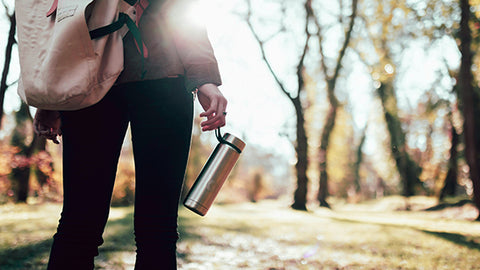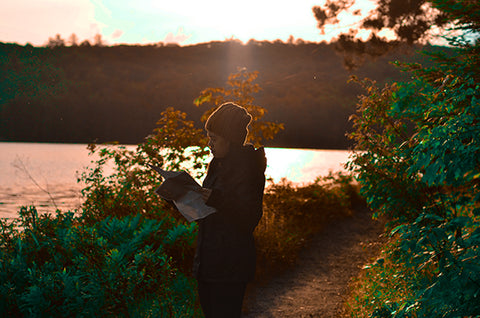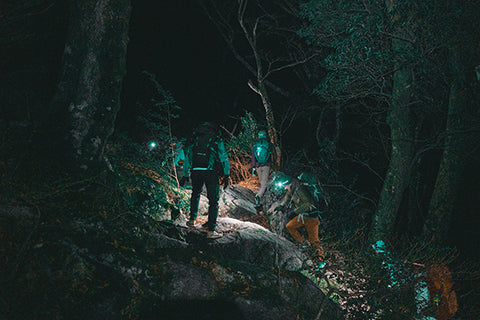Backcountry Safety Essentials: Gear and Knowledge for Peace of Mind

Venturing into the backcountry offers a sense of freedom and adventure that few experiences can match. Whether you are hiking, skiing, snowboarding, or camping, the pristine wilderness beckons with its untouched beauty and unexplored terrain. However, with this freedom comes responsibility. The backcountry can be unforgiving, and being prepared with the right gear and knowledge is crucial for your safety and peace of mind. In this article, we'll explore some essential backcountry safety tips to help you enjoy your outdoor adventures to the fullest.
1. Knowledge is Key
Before embarking on any backcountry excursion, take the time to educate yourself about the area you'll be exploring. Study maps, trail guides, and weather forecasts to understand the terrain, potential hazards, and current conditions. Familiarize yourself with emergency procedures and know how to recognize and respond to common outdoor emergencies such as hypothermia, dehydration, and wildlife encounters.

2. Gear Up
Having the right gear can mean the difference between a memorable adventure and a dangerous situation. Here are some essential items to include in your backcountry kit:
- Navigation tools: Bring a map, compass, and GPS device, and know how to use them to navigate effectively.
- Communication devices: Carry a fully charged cell phone, two-way radio, or personal locator beacon (PLB) to call for help in case of an emergency.
- Shelter: Pack a lightweight tent, bivy sack, or emergency shelter to protect yourself from the elements.
- Insulation: Dress in layers and pack extra clothing to stay warm and dry in changing weather conditions.
- Food and water: Bring plenty of high-energy snacks and water purification tablets or a filtration system to ensure a clean water supply.
- First aid kit: Pack a comprehensive first aid kit with supplies for treating injuries and illnesses common in the backcountry.
- Multi-tool: Carry a versatile tool with a knife, scissors, screwdriver, and other useful implements.
- Light source: Bring a headlamp or flashlight with extra batteries for navigating in the dark.
- Fire starter: Carry waterproof matches, a lighter, or a fire starter kit to build a fire for warmth and signaling.
- Sun protection: Wear sunscreen, sunglasses, and a wide-brimmed hat to protect against sunburn and glare from snow or water.

3. Practice Safety Protocols
Once you're equipped with the right gear and knowledge, it's essential to practice safe habits while exploring the backcountry:
- Travel in groups: Whenever possible, hike, ski, or camp with at least one other person to provide mutual support and assistance in case of an emergency.
- Leave a trip plan: Inform a trusted friend or family member of your itinerary, including your planned route, expected return time, and emergency contact information.
- Check the weather: Monitor weather forecasts before and during your trip, and be prepared to adjust your plans accordingly to avoid dangerous conditions.
- Stay alert: Pay attention to your surroundings, watch for signs of changing weather or terrain, and trust your instincts if something doesn't feel right.
- Respect wildlife: Keep a safe distance from wild animals, store food securely to prevent attracting them to your campsite, and know how to respond calmly and appropriately if you encounter wildlife.

4. Continuously Improve Your Skills
Finally, remember that backcountry safety is an ongoing process of learning and improvement. Take advantage of opportunities to enhance your outdoor skills through classes, workshops, and guided expeditions. Practice navigation, first aid, and survival techniques regularly to build confidence and readiness for any situation you may encounter in the wilderness.
By prioritizing backcountry safety and equipping yourself with the right gear and knowledge, you can enjoy all the thrills and beauty that nature has to offer with confidence and peace of mind. So, before your next adventure, take the time to prepare thoroughly and make safety a top priority. Your future self will thank you for it. Happy exploring!




Leave a comment